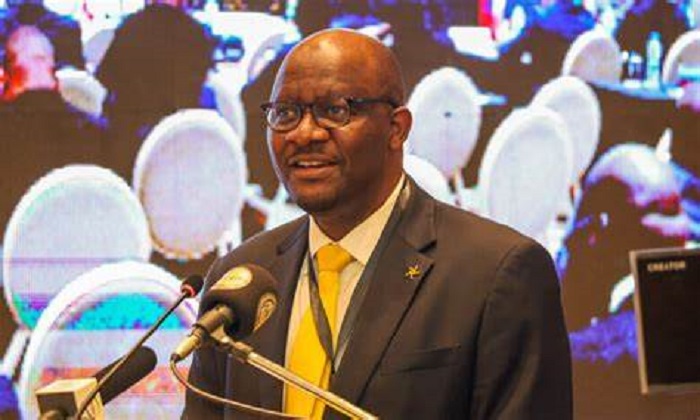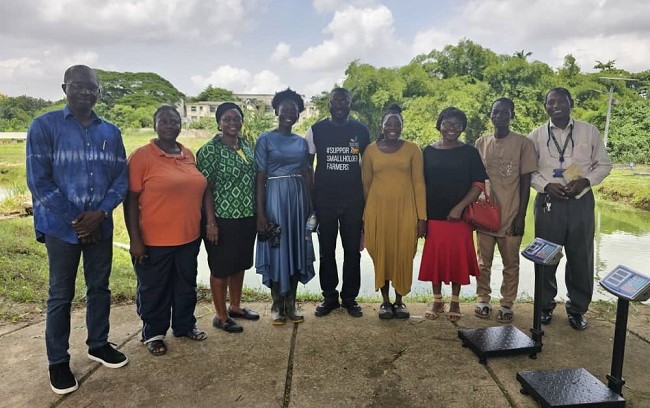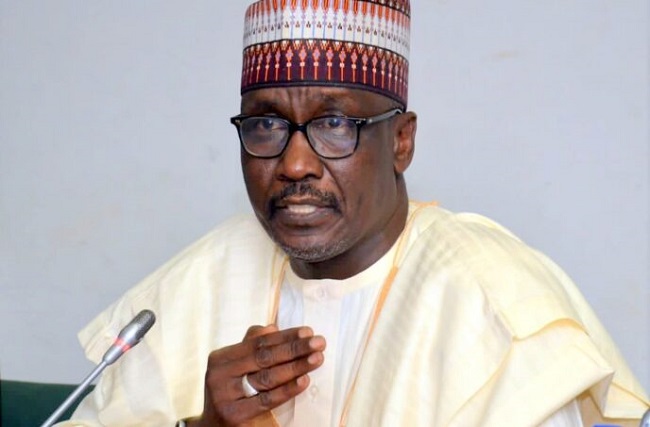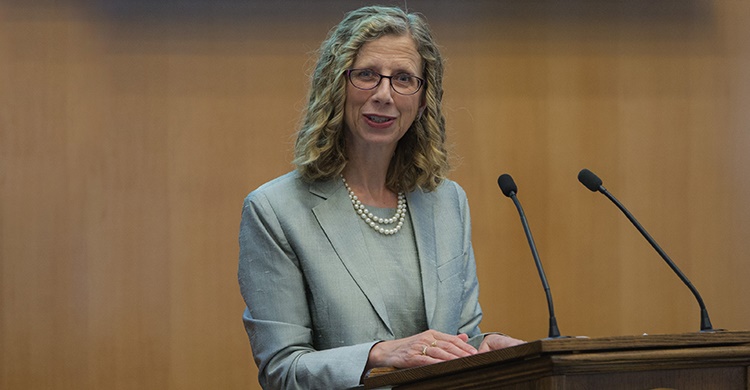A new report by World Resources Institute (WRI) and the World Bank, with contributions from the African Development Bank (AfDB), provides what looks like one of the most comprehensive assessments to date on how Sub-Saharan Africa — one of the world’s most climate-vulnerable regions — is turning to nature to combat mounting risks of flooding, drought, and extreme heat.
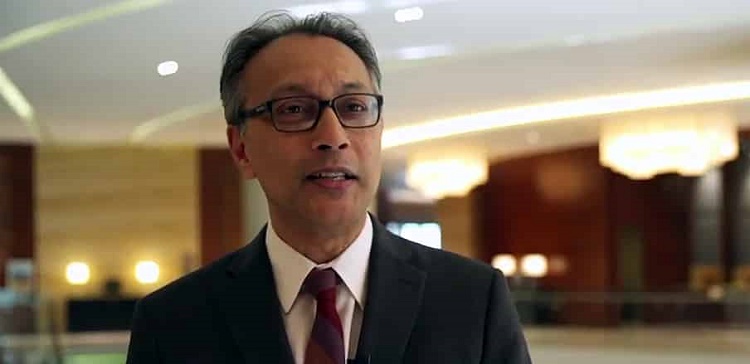
Growing Resilience: Unlocking the Potential of Nature-Based Solutions for Climate Resilience in Sub-Saharan Africa analyses nearly 300 projects over the past decade to identify what works, key barriers, and strategies to scale up nature-based solutions (NBS) to promote green, resilient development.
The report shows a steady increase in the adoption of NBS projects, with the number of new projects initiated growing by an average of 15% annually between 2012 and 2021. These projects — which include protecting and restoring forests, wetlands, floodplains and coral reefs, often in combination with traditional “gray” infrastructure — are strengthening climate resilience while actively delivering co-benefits like job creation, biodiversity enhancement and social equity.
While interest in NBS is growing, the report finds that more investment is needed. Between 2012 and 2021, funding for NBS projects in Sub-Saharan Africa increased by 23% annually and raised more than $12 billion. While this is a positive step, the figure pales in comparison to Africa’s $100 billion annual infrastructure financing gap.
“Nature loss and climate risks are inherently linked, especially here in Africa,” says Qimiao Fan, World Bank’s Country Director for Kenya, Rwanda, Somalia and Uganda. “We need to ensure that projects and policies comprehensively address the challenges and offer inclusive and effective solutions for the most vulnerable groups.”
As climate risks like extreme heat, flooding and water scarcity intensify, Sub-Saharan Africa stands at the frontlines of the global climate crisis, with Kenya’s floods and unprecedented heatwaves across the region a stark warning.
The report highlights several recommendations to increase adoption of NBS in the region. These include integrating nature into policies and plans, building technical capacity to develop project pipelines, and diversifying finance.
While NBS projects are growing, a critical gap remains: relatively few projects were implemented in cities, despite their potential to address urban challenges (though the World Bank and AfDB have recently been supporting more urban projects). Seventy percent of African cities face severe climate risks — including flooding, extreme heat and mudslides — while many already struggle with inadequate infrastructure. Additional investment in traditional solutions like dams and engineered drainage is needed, but integrating natural infrastructure, such as restoring and protecting forests in watersheds, can bolster resilience and reduce long-term costs.
Recognising this, and to complement NBS investment preparation efforts of the World Bank and AfDB, WRI is launching the Green-Gray Infrastructure Accelerator, an initiative to support 11 cities across sub-Saharan Africa to integrate NBS with traditional “gray” infrastructure. The initiative will provide technical, policy and finance support, helping them lay the groundwork for their initial cohort of projects, while connecting others to financiers to scale existing efforts.
“We often think of infrastructure in terms of roads, bridges and buildings — just concrete and steel structures,” said Ani Dasgupta, President & CEO, World Resources Institute. “But nature — forests, trees, wetlands, coral reefs — is just as vital. It supplies clean water, protects communities from disasters, and strengthens resilience. Across Africa, cities and communities are proving that green and gray infrastructure can work together to maximize benefits for people, nature and climate — and the world should take note.”


